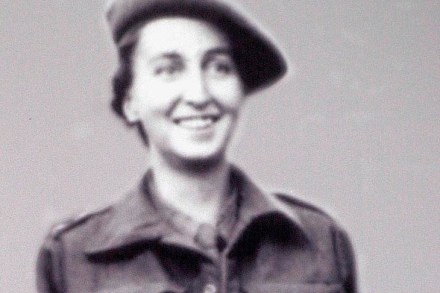Carve their names with pride
‘Women,’ Captain Selwyn Jepson, SOE’s senior recruiting officer, once wrote, ‘have a far greater capacity for cool and lonely courage than men.’ This questionable assumption is not actually the reason why the women were recruited. That was down to their ability to move around enemy-occupied territory carrying messages, arms or heavy wireless sets without arousing as much suspicion as able-bodied men. But lonely courage was an essential virtue for the female agents, who had to face long weeks of keeping a low profile, with very little support, in between hours of terrifying activity. Most of them only met each other during training or, in several cases, in detention after capture.




















